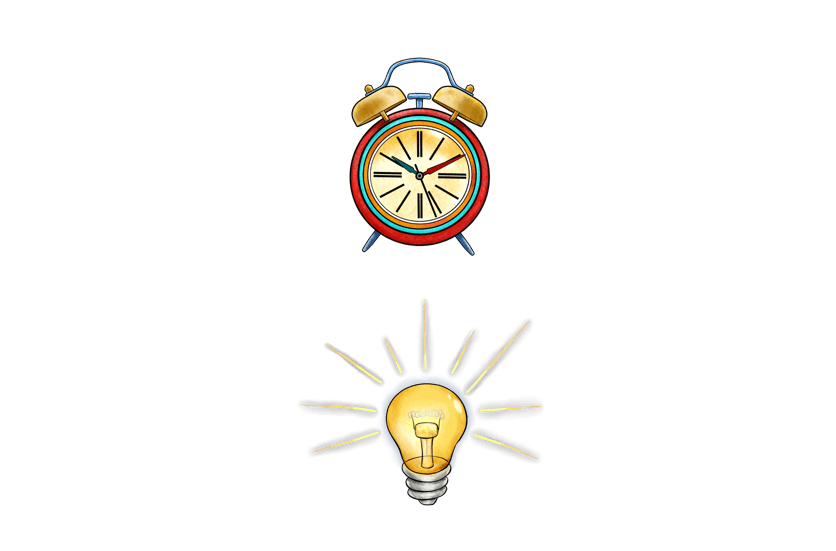
Social distancing and lockdowns forced many people to work remotely. The process to return to work has been anything but clear cut. With lockdowns lifting in some states yet returning in others, there's no consistent approach to returning to work. There seems to be a combination of people staying fully remote, going into the office a few days a week or returning to the office full time. It's not clear how this will evolve since circumstances are changing so quickly.
What is clear, though, is that learning can be a casualty of remote work. This is especially true for organisations who relied heavily on face-to-face training pre-covid. The massive economic, social and mental disruption that covid's created has also pushed learning down the list of priorities for many businesses. And has also resulted in some organisations making face to face training roles redundant. I think in times like these learning is more important than ever, since it can help get people on the same page and start conversations. Here are six steps to embracing the uncertainty and getting some direction for your learning, fast.
Embrace the new normal
Accept that things have changed and will continue to do so. Uncertainty is the new certainty! As a result, content can become out of date quickly. We created a covid campaign at the end of March, and a few questions within it were out of date a week later as the lockdown and travel bans increased.
Identify what staff need to know right now
Since such a significant change has occurred in a compressed period, people may want to talk and learn about topics that weren't covered previously. Like how to stay healthy when working remotely, how to communicate best when remote, signs to look out for that mental and emotional wellbeing may be suffering. Asking people what they'd like to learn about in team meetings, toolbox talks and surveys can help to inform what content to prioritise.
Create a new learning plan, focusing on this need to know info (don't need to cover everything)
The plan may only stay current for 30-90 days to give you the flexibility to adapt to the changing environment.
Discuss how to engage managers
Getting managers on board with learning is both a challenge and a requirement for success. The 2020 LinkedIn Workplace Learning report says gaining manager buy-in to learning is the number one challenge for L&D professionals.
Learning may be far down a manager's list. Yet organisations who are focused not only on surviving the next 12 months but thriving are continuing to invest in their people's professional development.
Discuss how best to communicate to staff
We've seen the number of tools used to communicate remotely increases exponentially over the past few months. Which can lead to confusion and missed messages. It's a good idea to identify one or two primary communication tools such as email or Microsoft Teams and use them exclusively.
Continuous feedback
Since things are changing so quickly, regular feedback from remote teams is vital. Hearing what is and isn't working along with topics that people would like to talk and learn about allows you to respond quickly and produce content that is relevant and timely.


































